
Microsoft's Bing predicts 2015 -- Patriots win Super Bowl, Beyoncé gets Best Album Grammy
Do I believe in psychics? No. I do not believe that people have magical powers that can predict the future. With that said, I like watching the Long Island Medium, Theresa Caputo, on TV. If you aren't familiar, she claims to talk to the dead, and transmits messages from the deceased to their families. I watch it from an entertainment perspective only.
I prefer my predictions to come from good ol' fashioned computers. Microsoft's Bing has seen some success in its predictions, but today, it is taking it to another level. You see, the search-engine is now predicting the events of 2015! As a Jets fan, and overall hater of New England sports, I hope Bing is wrong, as it predicts Tom Brady and the Patriots to win the Super Bowl.
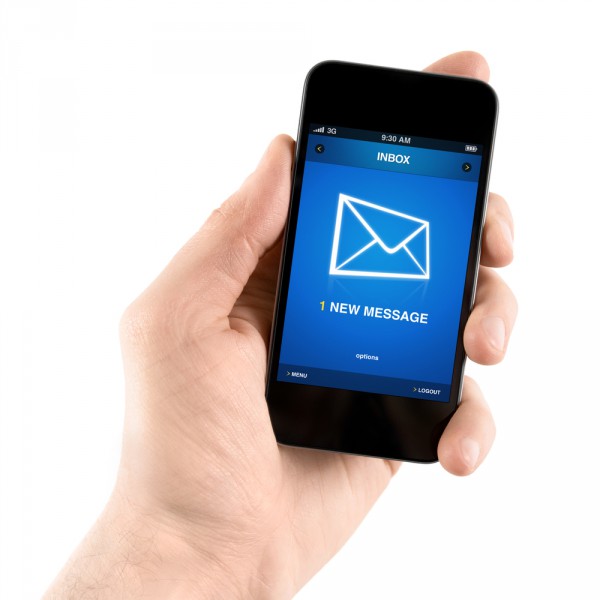
Sinch enables low-cost SMS integration for apps and websites
Businesses are increasingly turning to mobile to communicate with both customers and employees. But whilst attention tends to be focused on apps, SMS messaging still has its place.
Communications platform Sinch is announcing the launch of its SMS API, making it easier for developers to integrate SMS capability into their apps and websites.
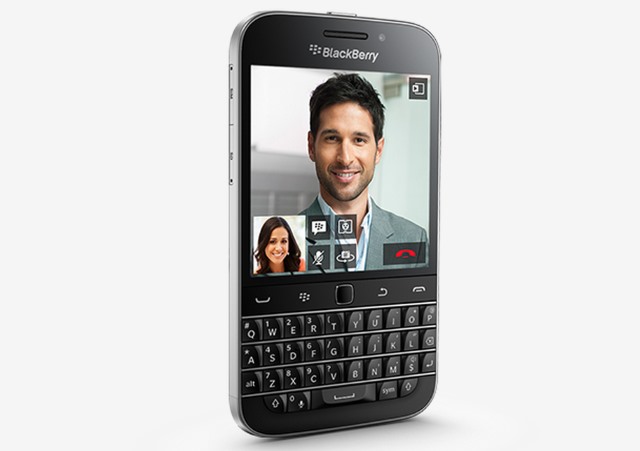
BlackBerry launches the Classic -- a smartphone with an old-school keyboard
BlackBerry is not a company that's afraid to do things a little differently, and this is something that's perfectly demonstrated by its latest release. Rather than eschewing the physical keyboard like most smartphones, the BlackBerry Classic embraces it. The square 720 x 720 screen is comparable to that of the BlackBerry Passport, but stands out from mainstream handsets due to its size -- just 3.5 inches -- and unusual aspect ratio.
The look of the handset might be a little dated, and the specs are also something of a blast from the past. Powered by a Qualcomm Snapdragon S4 Plus dual-core processor, the phone has 2GB of RAM, 16GB of storage, an 8MP rear camera, and a 2MP front shooter. And it can be yours for $449 unlocked.

The top 10 worst security breaches of 2014
Another year, another batch of damaging security breaches. It seems that as time goes on companies are becoming more and more vulnerable to hackers, viruses and malware.
2013 saw some massive data scandals in terms of records stolen, yet 2014 has trumped it with some truly staggering breaches in security. We’ve created a run-down of some of the 10 most damaging security scandals of the year.
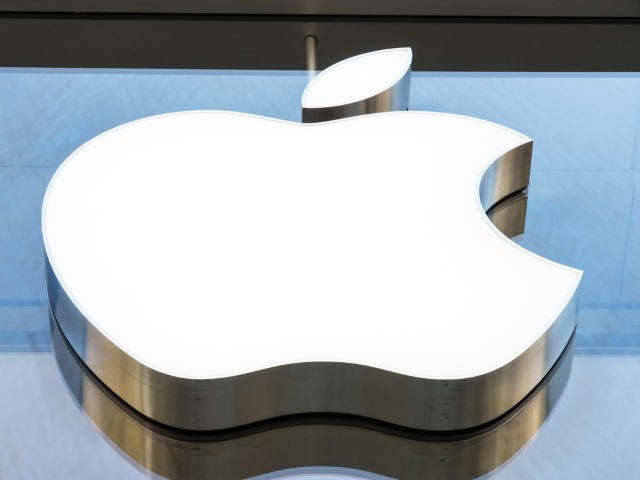
Apple puts sales on hold in Russia as rouble collapses
The financial crisis in Russia is beginning to have an impact on the rest of the world. The value of the rouble has been fluctuating tremendously, but is generally on a downward trajectory -- it plummeted in value by 20 percent so far this week. For Apple the uncertainty about how things could pan out is too much, and the company has stopped sales of iPads, Macs and iPhones on the Russian version of its online store.
As reported by the BBC, Apple had to increase its prices in Russia last month as a result of the devaluing of the rouble. But now a more drastic step has been taken. Head to the Russian Apple Store now and you're greeted by a virtually blank page rather than the latest tech from the company.

First look: Veeam EndPoint Backup BETA
Back in October, enterprise virtualization specialists Veeam Software announced Veeam EndPoint Backup FREE, a free file and image-based backup tool for Windows.
The package is currently only available as a private beta -- you must sign up at their website and wait to receive a download link -- but we added our name to the list, and waited for our invitation.

35 percent of all security breaches take place in higher education
Higher education institutions with their rapid turnover of students' devices each year present particular problems when it comes to protecting data.
A new infographic from enterprise security and backup specialist SysCloud looks at the risks higher education bodies face and how they can improve their levels of protection.
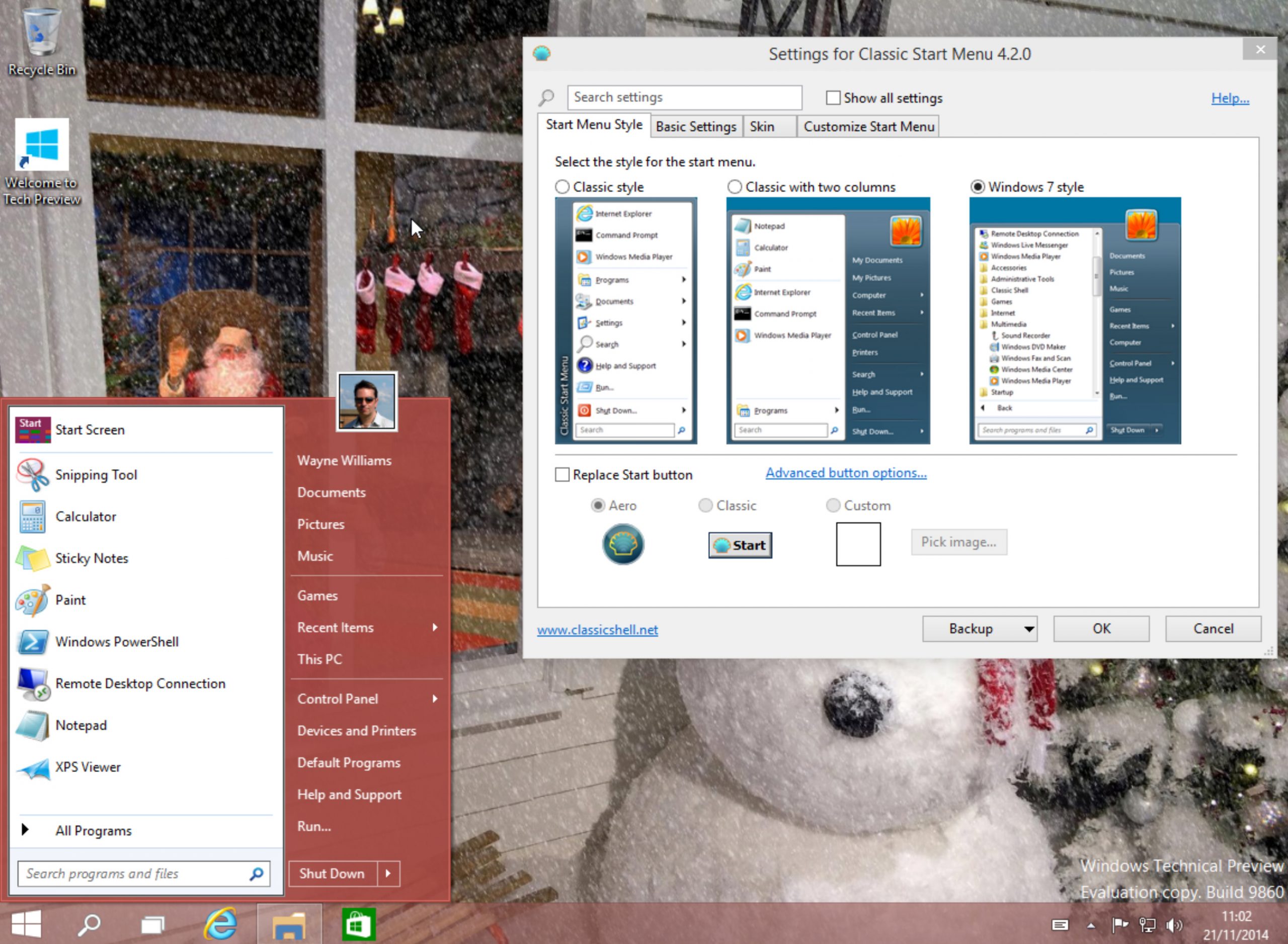
Get a classic Start menu in Windows 10
Windows 10 is very much a work in progress, but one feature that’s definitely going to be around in the final release is the Start menu. Microsoft has done a clever job of blending the traditional Start menu with the divisive Start screen found in Windows 8.x. I’m a big fan of this approach, and the menu is customizable too, so if you really, really hate the tiles, you can turn them off.
However, for some people nothing less than a classic Windows 7 style Start menu is going to be acceptable. If you count yourself in that number, the good news is you can now get a traditional Start menu in Windows 10 thanks to Classic Shell.
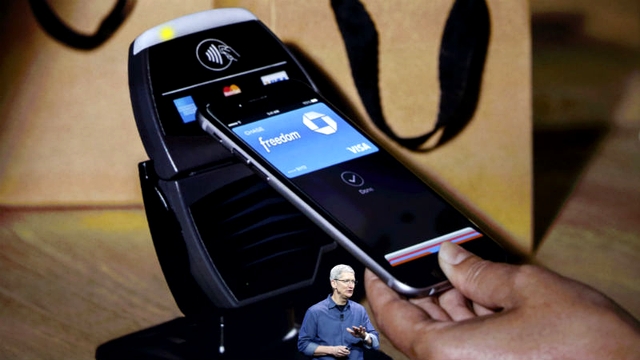
Apple Pay gaining momentum as more companies sign up
Apple has announced that its mobile payment service Apple Pay has received even more support -- now 90 percent of all credit purchases by volume in the United States can be achieved by using Apple Pay.
SunTrust, Barclaycard, USAA, and dozens of other companies have joined the likes of Citibank and Chase in the last weeks and agreed to work with Apple, so that customers can buy things with little more than a wave on their iPhone, The New York Times reports.
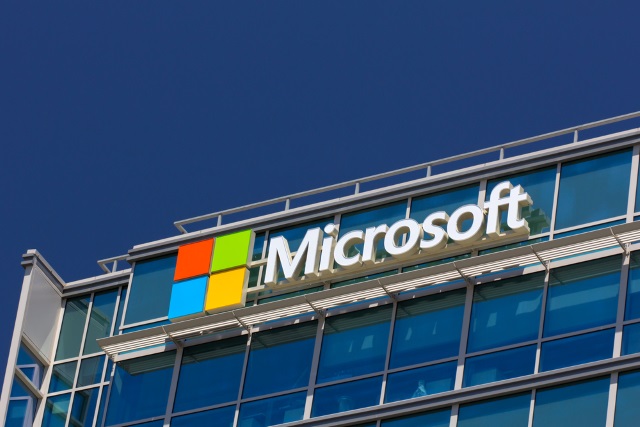
Chrome OS is great, but Microsoft doesn't need to worry... yet
Not long ago I wrote asking if we still needed Windows. It's an interesting question without a real answer. On the one hand, many folks don't need it, as a Chromebook will suffice for what they do -- checking email and browsing websites. On the other hand, some people do need Windows for the apps that can't be had on Google's platform.
In other words, there is no easy answer to the question I posed. One thing became clear though. Windows won't be going anywhere soon. It may only be needed by a certain percentage of people, many of whom are in a business of some sort, either for themselves or in the enterprise community.
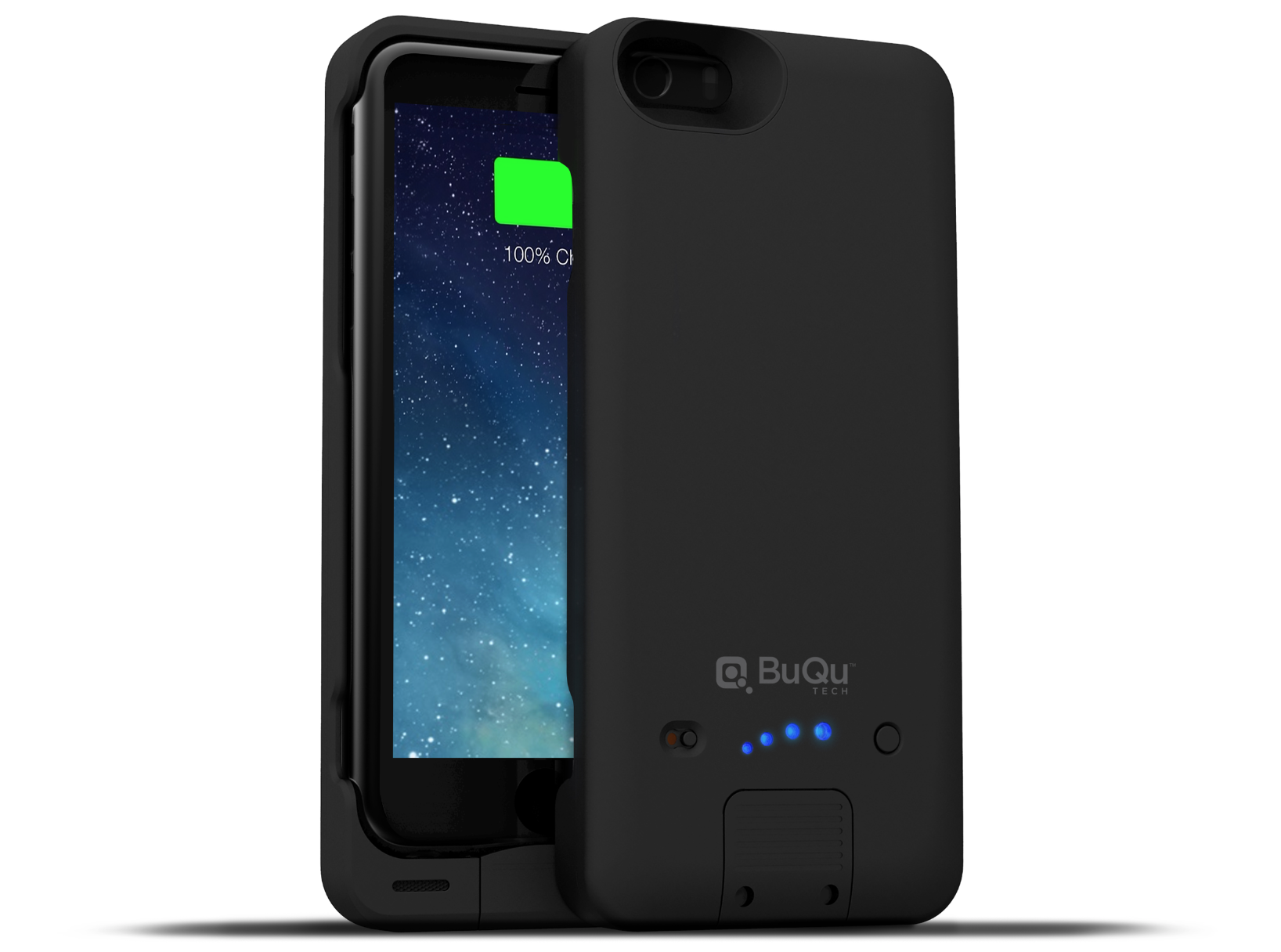
BuQu's PowerArmour case protects iPhone 6, doubles battery life
There are just two things I’d improve about Apple’s new iPhone -- its durability and battery life. Both are reasonable, but could be better. This is where BuQu’s PowerArmour case comes in. It will protect your device from drops, and provide up to 100 percent extra battery life. What’s not to love?
The Apple certified "Made for iPhone" case has an integrated 2,800mAh battery that keeps your phone charged at all times, and is sourced from the same manufacturer that provides batteries for Apple’s devices so you know it’s going to last.

Modern technology brings friends and family closer together
A new piece of research is arguing against the belief that modern technology is unsociable and interferes with families spending quality time together.
The research, commissioned by Tesco, found that almost a quarter of Brits surveyed felt better connected to friends and family thanks to gadgets like smartphones, tablets and computers.
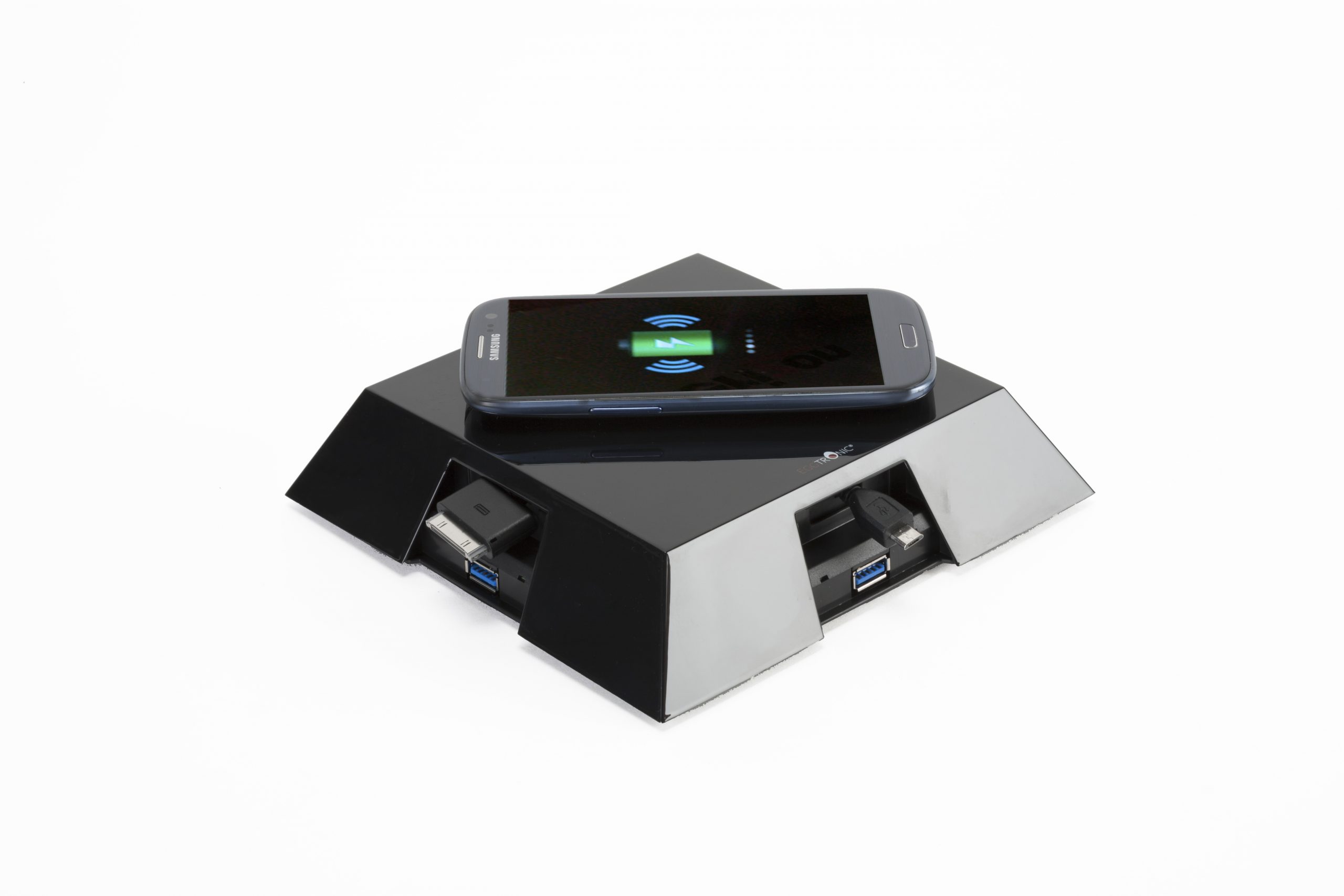
Hub It can now charge your devices wirelessly
I reviewed Hub It a couple of weeks ago, and described it as an "essential, fully customizable sync and charging station for all your devices". I liked it so much in fact, I persuaded its creators, Eggtronic, to giveaway two to BetaNews readers. Enter here (but be quick, the giveaway ends soon).
The product comes with three USB 3.0 ports, as well as connectors for Micro USB, Mini USB, Apple 30 pin and Apple Lightning, but you’re not limited to those options. The station makes use of hot switchable cartridges so you can choose exactly which connectors it offers. And from today, you can add Qi wireless charging to the list.

Google reveals top searches for 2014
Another year is rolling to a close, and needless to say, another kajillion searches have been performed on Google over the course of 2014.
And as ever, Google has taken the time to post about the most searched for terms which users have been desperate for info on throughout 2014.

Grab every link on a web page with Copy All Links (Firefox)
You’re at a web page, maybe reading a forum post, looking at a list of links. You’d like to copy them somewhere, maybe share them with someone else. But your browser has no way to work with every link on a page, so you must copy them individually, select all the text and edit it later, maybe just bookmark the site and come back when you’ve more time.
It’s annoying. But it doesn’t have to be this way. Not if you’ve equipped yourself with the Firefox addon, Copy All Links.



